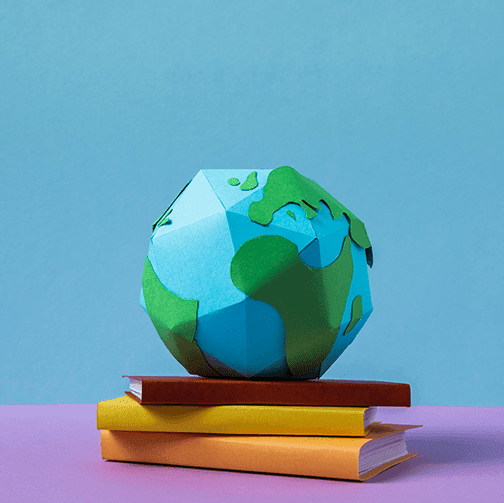DE & ICE

DE and ICE
There are many and varying definitions of development education (DE) that practitioners avail of in Ireland. Some development educators suggest that utilising a rigid definition of development education anchors it in a specific point of history, whereas it is more appropriately considered a fluid process operating within a shifting economic, social and political context (McCloskey, 2014, p. 3). The original Irish Aid definition describes development education as an active learning process:
…aimed at increasing awareness and understanding of the rapidly changing, interdependent and unequal world in which we live. It seeks to engage people in analysis, reflection and action for local and global citizenship (Irish Aid, 2007).
DE practitioners in the UK and Europe operate from a similar starting point and what is common throughout their definitions is that development education is a dynamic and participatory process which aims to deepen people’s understanding of global inequality and the interconnectedness of people and events around the world. For teaching and learning to have a development education focus, it should include multiple perspectives, a link between the local and the global, critical thinking and encourage action toward a more just and equal world. Development education questions political and unequal power relations between the developing and developed nations and encourages us to consider our own complicity in global injustice.
The ‘adjectival’ educations
Development Education is a complex and contested discipline. In addition to defining development education, it is necessary to understand its intersectionality with other issue-based educations. From a DICE perspective, it is important to note that in Ireland, development education is most commonly associated, in particular in initial teacher education, with intercultural education (ICE). The NCCA conceptualises ICE as education which respects and celebrates the normality of diversity and supports students to identify and challenge prejudice and discrimination in their daily lives (NCCA, 2005). ICE converges with DE in terms of ‘almost all’ (Fitzgerald, 2007) its key values, with a particular focus on a social justice base and scaffolding concerned agency among students.
Peace education works towards a greater understanding of the relationalities in the world and its focus on links between the local and global has contributed a broader perspective to development education. Environmental education and education for sustainable development are two further issue-based educations which emerged in the 1970’s, sharing a concern with DE in relation to the promotion of sustainable development. Theory derived from futures education is also integral to our understanding of development education. Hicks argues that we need to ‘teach for tomorrow’ and that without critical thinking about alternative futures, society will continue to formulate short-sighted solutions to long-term problems (2008; 1995). DE also shares a knowledge base and processes with human rights education, by looking at the meaning of rights and their underlying values. Human rights education is cross-sectoral (Waldron & Ruane, 2011), much like development education, which operates across a wide range of providers and target groups.
It is important to note that in recent years there has been a move away from the term ‘development education’ towards a preference for the word ‘global’ (Bourn, 2014). Scheunpflug (2013) argues that in a more global society there may well be power centres in the world, but their location is less and less clearly defined. The world, she suggests, is much more complex than a Global North or a Global South, and a more appropriate pedagogical response to globalisation would be ‘global learning’. In fact, most European countries use the term ‘Global education’ in their work in this area. The definition of Global Education is taken from the Maastricht Declaration on Global Education in Europe (2003).
Global Education is education that opens people’s eyes and minds to the realities of the world, and awakens them to being about a world of greater justice, equity and human rights for all (Global Education Congress, 2003).
The term ‘Global Citizenship Education’ is sometimes used synonymously with development education. This is generally regarded as a more accessible description, as the term ‘development’ has become more contested and development education as a discipline has begun to widen its concerns to more than just issues of development.
There is much complexity associated with the conceptualisation and implementation of development education, stemming from its diverse and pluralistic nature (Bryan and Bracken, 2011). As a result, the positive side of this complexity is that development education draws on a myriad of perspectives and wealth of cross-disciplinary knowledge for its pedagogy. This richness and diversity can ensure that teaching and learning associated with both development education and intercultural education is approached in an authentic, contextualised and coherent way.

